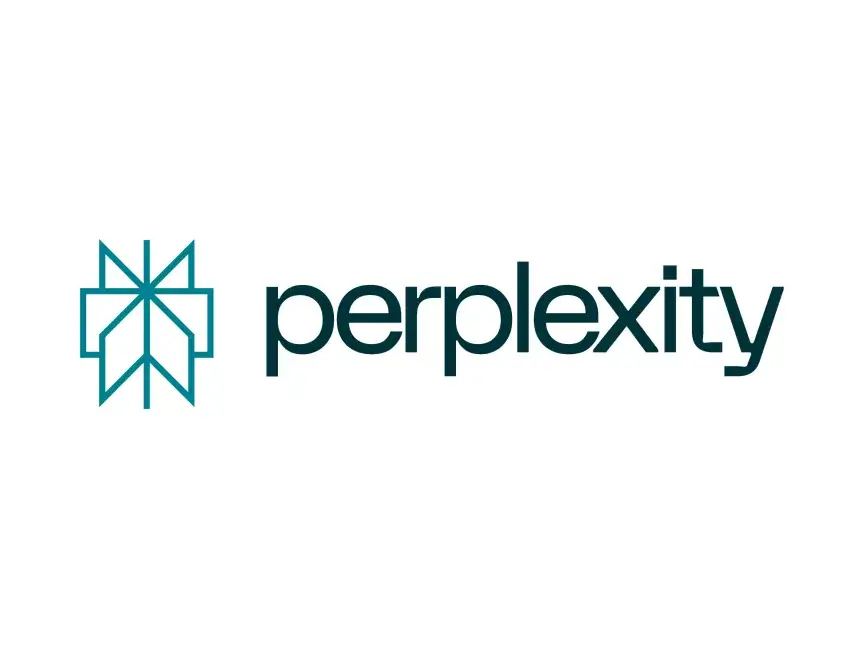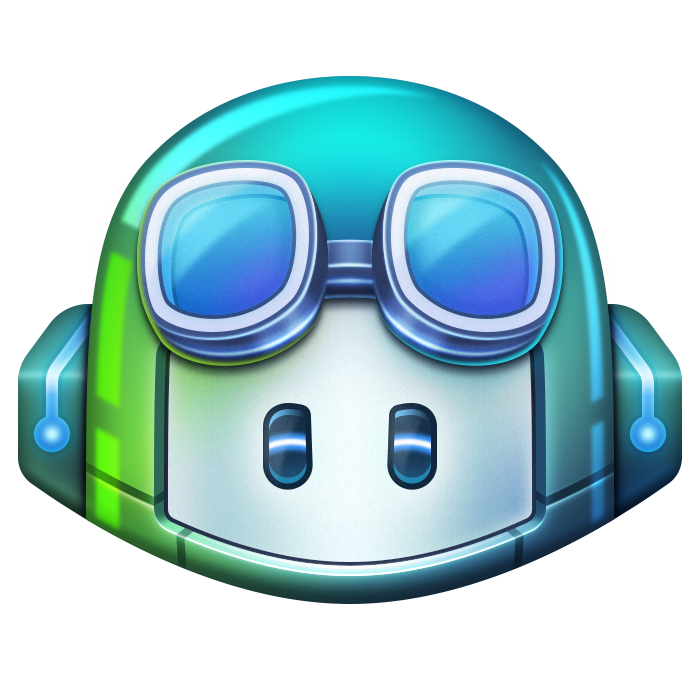
Perplexity
Perplexity AI is an American web search engine that leverages large language models (LLMs) to process user queries and synthesize responses.
Description
Perplexity AI is an American web search engine that leverages large language models (LLMs) to process user queries and synthesize responses. Unlike traditional search engines, Perplexity aims to provide direct, accurate, and real-time answers, often citing its sources directly. It functions as an AI-powered answer engine, designed to cut through clutter and deliver credible, up-to-date information. The platform is versatile, serving as a tool for answering questions, learning new skills or concepts, and conducting in-depth research. It offers various underlying models, including a lightweight, cost-effective search model for quick, grounded answers, and an offline chat model that provides local AI capabilities without requiring internet search. Perplexity also integrates advanced third-party AI models like OpenAI's GPT-4 Omni and Anthropic's Claude 3.5 Sonnet & Haiku for its premium users. Perplexity is accessible across multiple platforms, including a web application, and dedicated mobile apps for Android and iOS. It also offers a developer API, notably including its proprietary 'Sonar' models, allowing external applications to integrate Perplexity's AI search capabilities. The service operates on a freemium model, offering a free plan with core features and a 'Pro' subscription for enhanced capabilities.
Key Features
Tool Details
Ratings
Rate this model
Average Rating
Explore AI Tools
View AllSimilar tools in Chat Bot category and other popular AI models.

GitHub Copilot
GitHub Copilot is an advanced AI pair programmer and coding assistant developed collaboratively by GitHub, OpenAI, and Microsoft. Its primary function is to assist developers by providing real-time code completion, suggesting whole lines or entire functions directly within their integrated development environments (IDEs), such as Visual Studio Code. This tool aims to accelerate the coding process, reduce effort, and allow developers to concentrate more on complex problem-solving rather than repetitive coding tasks. Beyond basic code suggestions, GitHub Copilot offers a range of sophisticated features. It can reason through coding problems, coordinate next steps in development, apply changes, and iterate on errors. Through its chat interface, Copilot Chat, it can answer general software development questions, explain unfamiliar codebases, generate unit tests, and propose fixes for bugs. It also provides commit explanations to demystify code history. The intelligence behind GitHub Copilot is powered by a suite of generative AI models. Initially based on OpenAI's GPT-3, it has evolved to leverage various advanced models including OpenAI's gpt-3.5-turbo-16k (often the default for chat), GPT-4.1, GPT-4o, GPT-4.5, and o1. Additionally, it integrates models from Anthropic, such as Claude 3.7 Sonnet and Claude Opus 4, and Google's Gemini 2.0 Flash, allowing users to choose models based on desired balance between cost, performance, and specific task requirements. GitHub Copilot is available across multiple platforms, including desktop IDEs and as part of the GitHub Mobile application for both iOS and Android, enabling developers to interact with their AI assistant on the go. It operates on a freemium model, offering free access to verified students, teachers, and open-source maintainers, alongside various paid plans for individual developers and enterprises, such as Copilot Pro, Copilot Pro+, Copilot Business, and Copilot Enterprise.

Microsoft Copilot
Microsoft Copilot is an advanced AI-powered virtual assistant developed by Microsoft, designed to be an everyday AI companion for individuals and organizations. It leverages the power of the latest OpenAI models, including the GPT-4 series of large language models, to provide a wide range of capabilities. Copilot integrates seamlessly across various Microsoft platforms, including Windows, macOS, and mobile devices (iOS and Android), as well as within Microsoft 365 applications like Word, Excel, PowerPoint, Outlook, and OneNote. Its core functionality revolves around enhancing productivity and creativity by assisting with tasks such as deep research, content generation (text and images), summarizing documents, creating presentations, analyzing data, and managing emails. The model is designed to offer a versatile AI experience, from straightforward answers and advice to more complex generative tasks. It aims to streamline workflows, save time, and empower users to learn, grow, and communicate with confidence, making advanced AI assistance accessible wherever users work or create.

Llama
Llama is a family of large language models (LLMs) developed by Meta AI. First introduced in February 2023, these models are designed with an open-source philosophy, allowing developers to fine-tune, distill, and deploy them across various environments. This open approach fosters a broad ecosystem for AI innovation and application development. While initially focused on advanced text generation tasks, the Llama family has evolved significantly. Recent iterations, such as Llama 3.2 and the latest Llama 4, have expanded into multimodal capabilities. This means they can process and understand not only text but also integrate and analyze image and video data, making them versatile for a wide array of applications, including vision-related AI, edge computing, and conversational AI assistants. Llama models are made available under a license that supports broad commercial use, encouraging developers to build and redistribute additional work on top of the models. While the core models are generally free for use, API access for certain versions, particularly through cloud platforms like Google Cloud's Vertex AI, operates on a paid, per-token billing model. The availability of lightweight Llama models also facilitates their deployment on mobile devices, enhancing accessibility and enabling on-device AI functionalities.